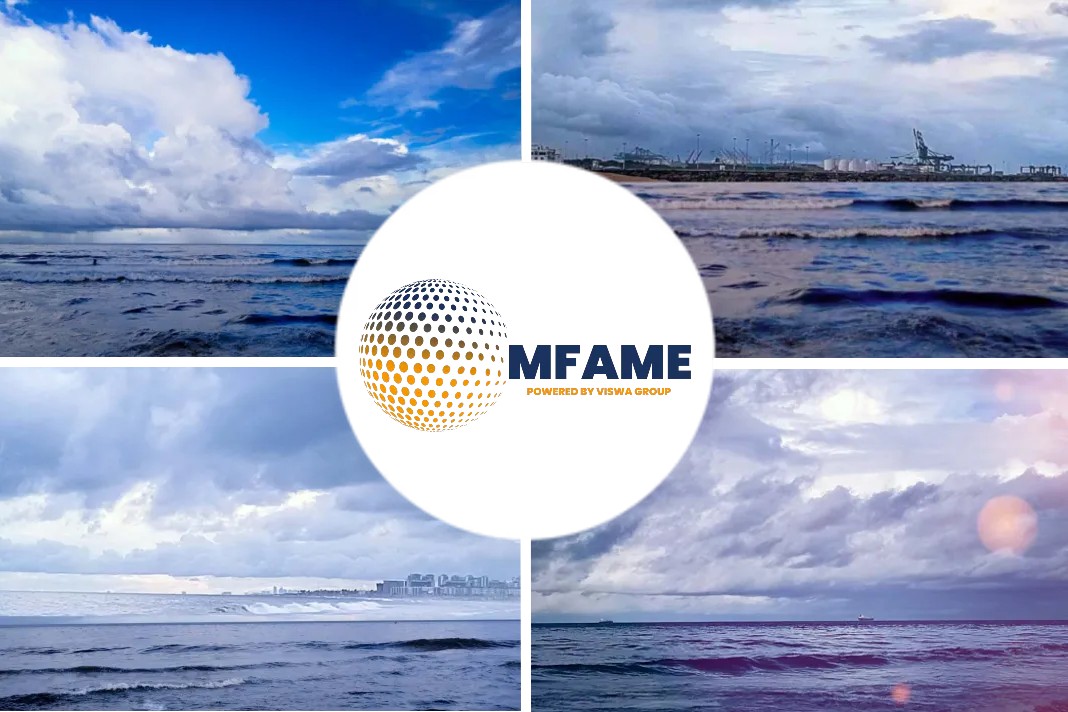
Increased Cooperation Eases Shipowners’ Sanctions Exposure, states a GCaptain news source.
Sanctions that prohibit shipowners from lifting or transporting
Despite being clunky, sanctions that prohibit shipowners from lifting or transporting certain grades of Russian petroleum and other commodities are workable.
That is the consensus of five expert panelists, all attorneys, who spoke here last week at the 29th annual Hellenic-American/Norwegian-American Chambers of Commerce Shipping Conference.
Sanctions’ increased workability results, in large part, “from the maturation of dialogue between OFAC (the Office of Foreign Assets Control) and the shipping industry,” said Matthew Thomas, a partner with the Blank Rome law firm.
OFAC is the Treasury Department unit that administers and enforces economic and trade sanctions. During the past year, the US government and the European Union have imposed a series of sanctions against Russia in retaliation for its invasion of the Ukraine in February 2022.
OFAC’s constructive dialogue with carriers resulted in it simplifying carrier compliance when the agency recently agreed to reduce required data collection. More specifically, OFAC now accepts carriers’ “attestations” that the sale price of Russian crude and diesel that they are carrying falls within OFAC price limits that define a permissible, insurable charter.
That OFAC ruling alleviated a major carrier concern because “the ship owning sector does not have access to granular pricing information,” said Bruce Paulson, chair of Seward and Kissel’s Sanctions Practice Group.
Ongoing OFAC/carrier cooperation
And ongoing OFAC/carrier cooperation allows the agency to better focus on policing willful sanctions “cheaters” or violations, Blank Rome’s Thomas added.
Yet, some compliant carriers inadvertently get caught in the regulatory net because “sanctions are still confusing and create a lot of havoc with owners and P&I clubs,” said Dan Tadros, chief operating officer of The American (P&I) Club’s management firm.
OFAC mandates that P&I clubs– mutual insurance associations that provide carriers with third-party risk protection– withdraw coverage for sanctions violators. Those carriers, and P&I clubs insuring them, can face heavy fines.
To eliminate risk of a sanctions violation, P&I clubs simply are denying requisite coverage to carriers whose cargo could be subject to heightened OFAC scrutiny, according to Seward and Kissel’s Paulson.
“There is a lot of self-sanctioning happening,” he said.
Did you subscribe to our daily Newsletter?
It’s Free! Click here to Subscribe
Source: GCaptain

















